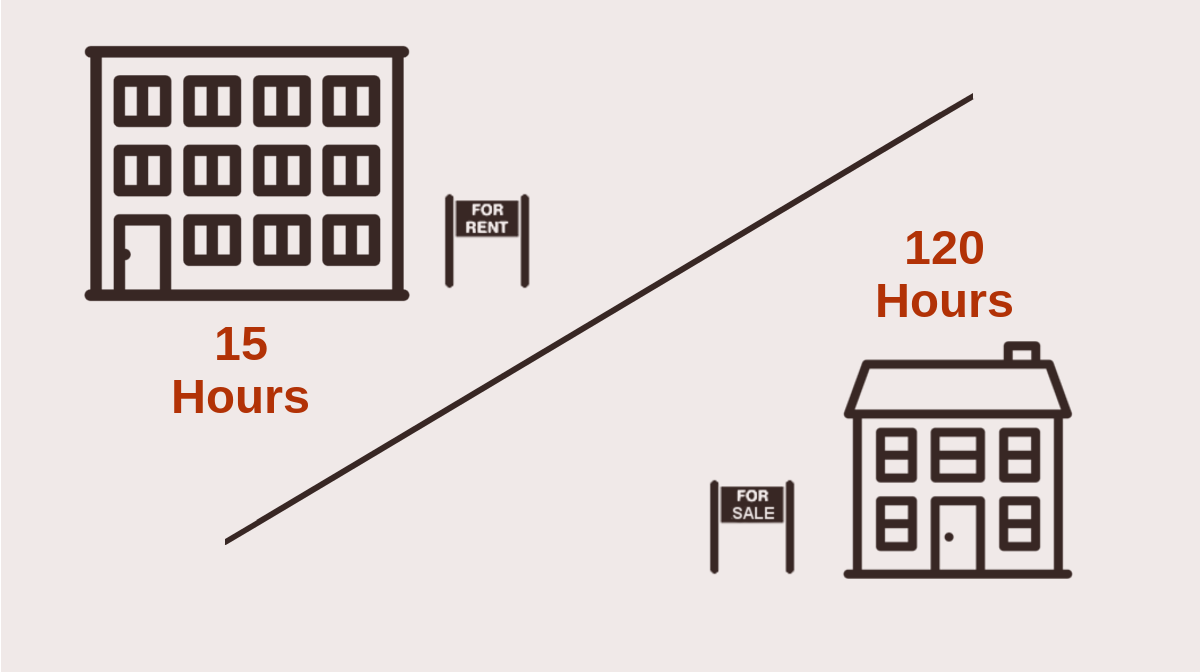This past Wednesday was "National Love Your Pet Day," one of many unofficial holidays which I suspect was created to drive e-card traffic in the early 2000s. The oldest online mention I could find of it was in an archived copy of the now defunct greeting-cards.com from 2003, when it hadn't yet acquired the "National" moniker. (Yes I check these things, don't look at me like that.) As much as I am dubious of the motives behind the creation of the holiday, there's no denying that pets are important to a lot of renters. I figured that pets are both a topic I hadn't addressed much in this blog and one that is far more enjoyable than the Chicago mayoral election.
There are few reliable studies about pet ownership. The few that exist are opt-in and performed with questionable rigor with an end goal of market research for vets, pet supply companies and emergency services. Mentions of pet ownership statistics for Illinois give numbers ranging from 51.8% to 68% of Illinois residents. Suffice to say there are more people with pets than there are pet-friendly apartments, particularly when it comes to dogs.
The problem of finding pet-friendly housing is not exclusive to renters. The Realtors to the Rescue program was founded by a Chicago real estate agent to handle the problem of pets that are abandoned when their owners move away. The prohibition of support animals in high density housing has been a recurring hot button topic in fair housing lawsuits for years, and those suits plague developments ranging from condo associations to eldercare facilities.
It is said that the first step in a battle is understanding how your enemy thinks. So for the sake of renters who are trying to find housing that will accept their pet dogs, here's some things that may have caused a landlord to put dog restrictions in their lease. Continue reading Why Are Landlords So Hard on Dog Owners?






